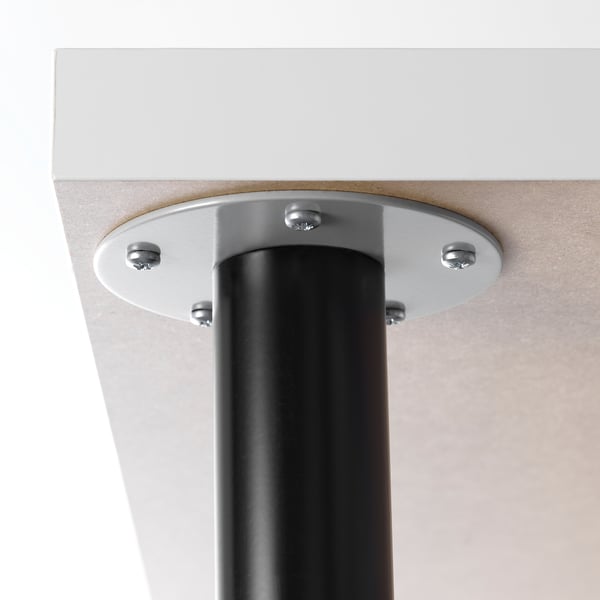
IKEA Krille Pieds de table en acier avec roulettes verrouillables – 69,8 cm – Coniques – Matériel inclus – Lot de 4 – Pieds uniquement : Amazon.fr: Bricolage

IKEA Krille Pieds de table en acier avec roulettes verrouillables – 69,8 cm – Coniques – Matériel inclus – Lot de 4 – Pieds uniquement : Amazon.fr: Bricolage






















